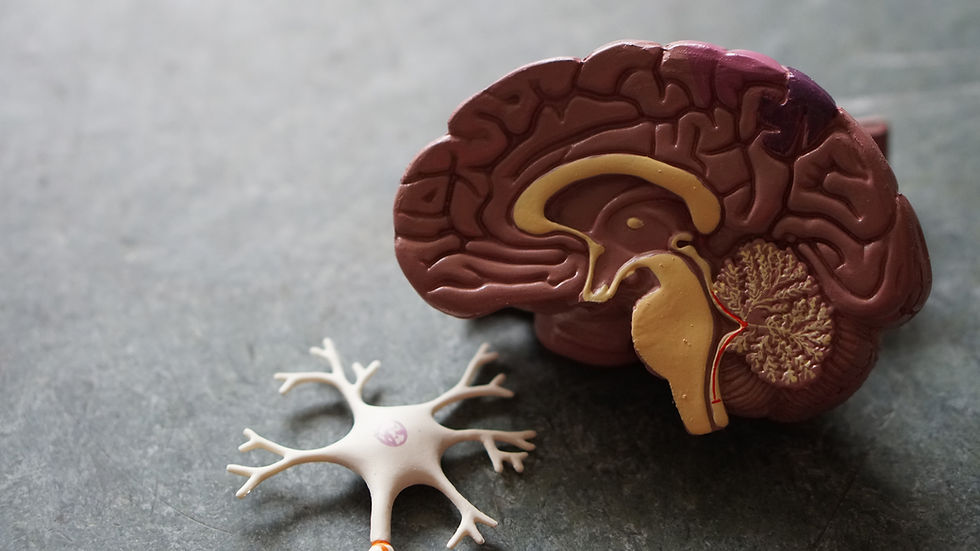Protein Kinase CK1: Influencing Glucose Metabolism and Insulin Sensitivity?
- Bowie Matteson
- Jul 19, 2023
- 2 min read
The article titled "The protein kinase CK1: Inhibition, activation, and possible allosteric modulation" was published in Frontiers in Molecular Biosciences on August 24, 2022, within the section "Molecular Diagnostics and Therapeutics." The review focuses on the protein kinase CK1 (Casein Kinase 1) and explores various aspects of its regulation and potential therapeutic implications.
Summary:
The review article delves into the intricate regulatory mechanisms of CK1, a protein kinase that plays a critical role in cellular signaling pathways. The authors discuss the dual nature of CK1, which can either inhibit or activate its target proteins, thereby affecting downstream cellular processes.
CK1 is known to play essential roles in various cellular processes, including signaling pathways that influence glucose metabolism and insulin sensitivity, which are critical factors in diabetes. Some studies have implicated CK1 in regulating components of the insulin signaling pathway and glucose homeostasis. For instance, CK1 has been found to phosphorylate certain proteins involved in insulin signaling, affecting their activity and potentially modulating insulin sensitivity.
Additionally, research has shown that CK1δ, a specific isoform of CK1, may have a role in pancreatic β-cell function and survival. Pancreatic β-cells are responsible for insulin production, and their dysfunction or loss contributes to the development of type 2 diabetes. Some studies have suggested that CK1δ may influence β-cell proliferation and survival.
It's important to note that the relationship between CK1 and diabetes is an area of ongoing research, and more studies are needed to fully understand the precise mechanisms and implications. The significance of CK1 in diabetes development and its potential as a therapeutic target require further investigation to provide a more comprehensive understanding of its role in this complex metabolic disorder.
The article also examines the possibility of allosteric modulation of CK1, a process where molecules bind to the enzyme at sites other than the active site, influencing its activity. Allosteric modulation represents a potential avenue for regulating CK1 and may offer therapeutic opportunities for targeting specific cellular pathways.
Overall, this comprehensive review sheds light on the complex regulatory mechanisms of CK1 and its potential as a target for therapeutic interventions in various diseases. The understanding of CK1's versatile role in cellular signaling pathways and the exploration of allosteric modulation may pave the way for future research and the development of novel therapeutic strategies.







Comments